News
Get latest steel market trends, production technology breakthroughs, and international trade policies from China's leading steel exporter.
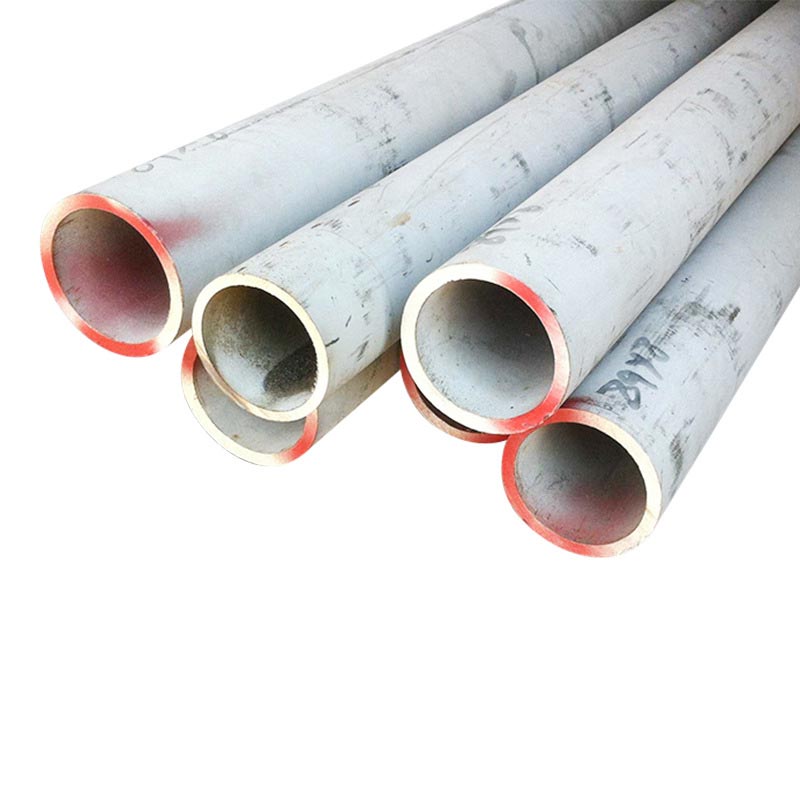 27 2025-12
27 2025-12 Degreasing Methods for Common 310S Stainless Steel Tubes
If the inner surface of a 310S stainless steel tube has rust and sludge, initial cleaning can be performed using a circular wire brush and cloth strips secured to a thick iron wire or a thin steel cable. This assembly is fed through the tube and pulled back and forth for brushing (for large-diameter stainless steel tube fittings, a winch can also be used to drag the brush through).
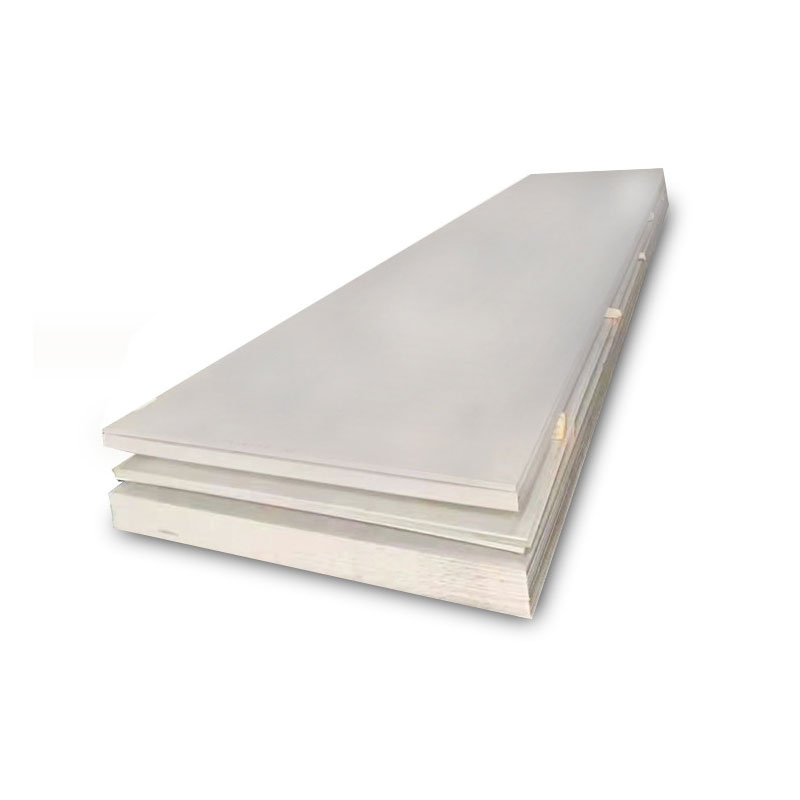 23 2025-12
23 2025-12 Selection of Thickness for 316L Stainless-Steel Gutter
The width of a 316L stainless-steel gutter generally refers to the width of the upper eaves gutter. Typically, gutter widths are divided into 5-inch, 6-inch, 7-inch, and 8-inch sizes. At the same time, the dimensions of the gutter must also meet the requirements for drainage capacity, which is straightforward to understand—this necessitates that the width and height of the gutter comply with drainage needs.
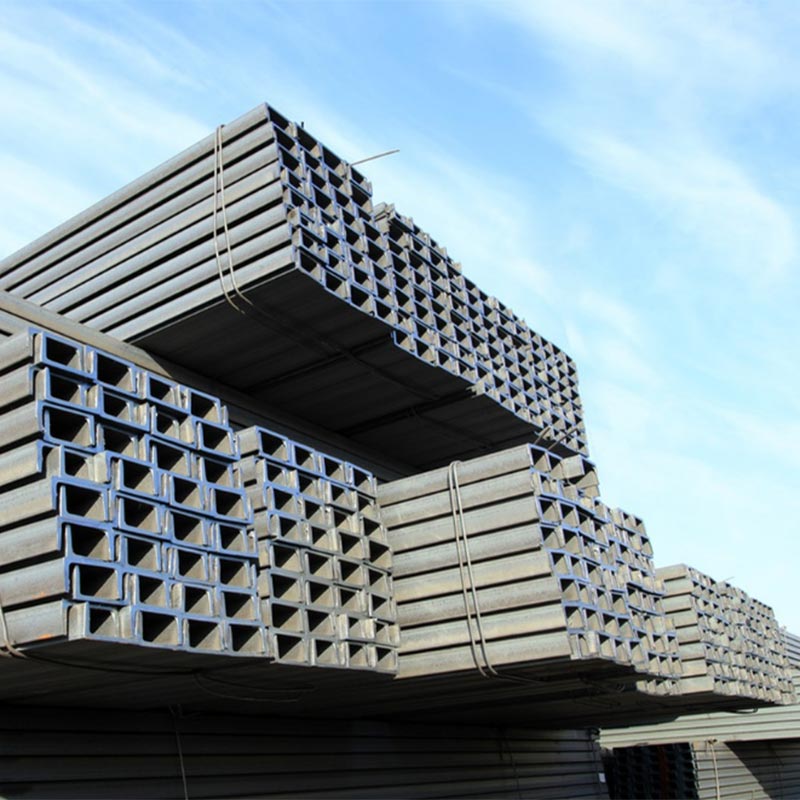 19 2025-12
19 2025-12 What Are the Differences Between 201 and 304 Stainless Steel Profiles?
The 201 stainless steel profile offers certain resistance to acids and alkalis, features high density, and is free from bubbles or pinholes after polishing, making it a high-quality material for manufacturing watch cases, watchbands, and back covers. It is primarily used for decorative pipes, industrial pipes, and lightly drawn products.
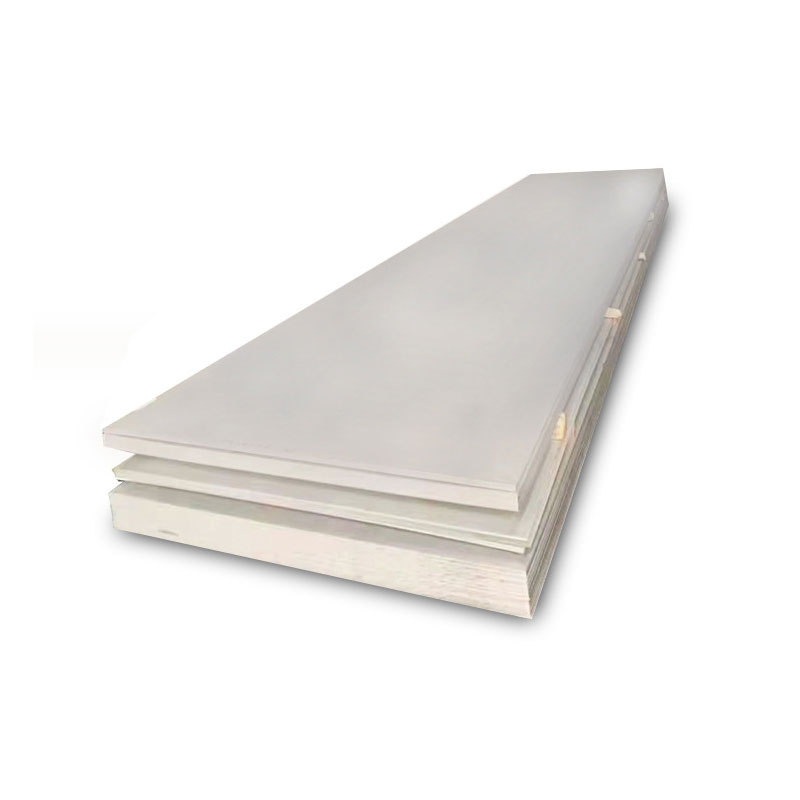 16 2025-12
16 2025-12 What Challenges Arise When Cutting 304 Stainless Steel Sheet?
304 Stainless Steel Sheet is widely used for its excellent performance and has become a popular material in the market. Today, I will analyze the problems that are prone to occur when cutting 304 Stainless Steel Sheet.
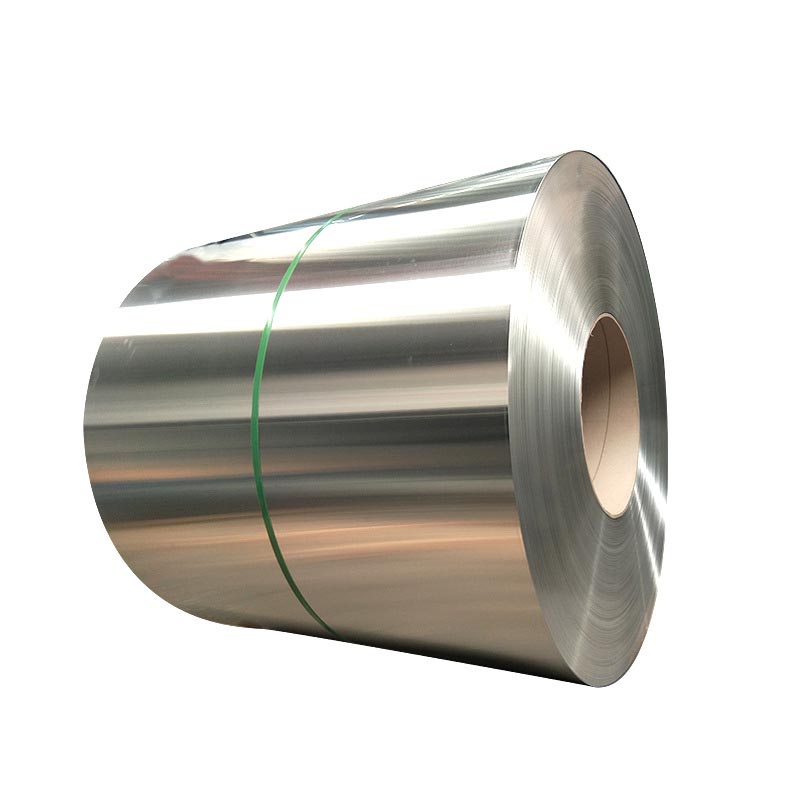 12 2025-12
12 2025-12 How to Solve the Problem of Rust Spots on Stainless Steel Coils
Apply pickling paste or spray to assist the rusted areas of the Stainless Steel Coil in repassivating, forming a chromium oxide film to restore its corrosion resistance.
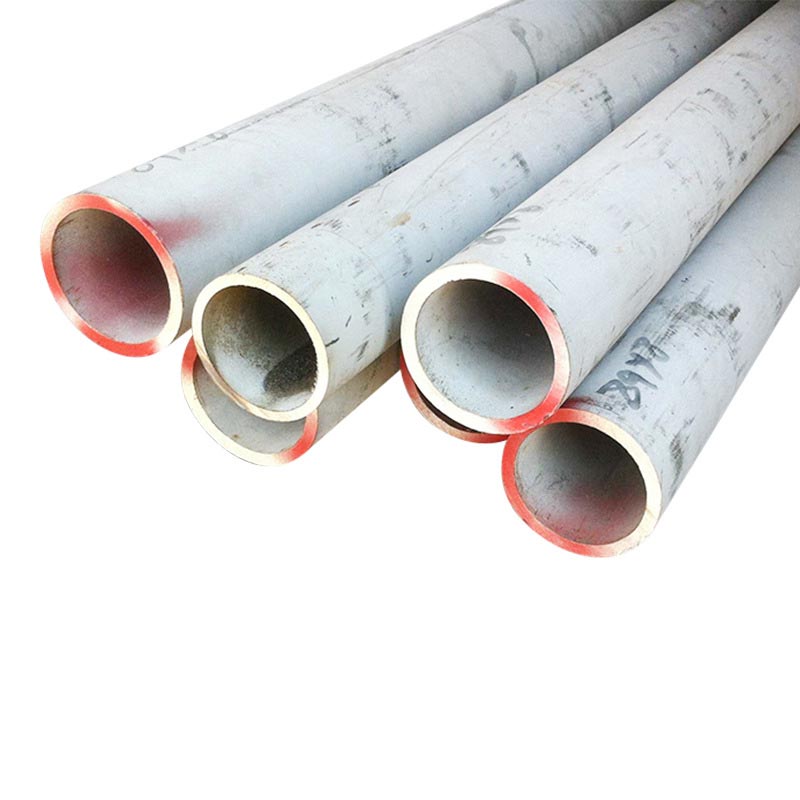 08 2025-12
08 2025-12 How to Increase the Service Life of Stainless Steel Tubes?
Ferritic Stainless Steel Tube. Contains 12% to 30% chromium. Its corrosion resistance, toughness, and weldability improve with increasing chromium content, and it exhibits good resistance to chloride stress corrosion.
Austenitic Stainless Steel Tube. Contains more than 18% chromium, along with about 8% nickel and small amounts of molybdenum, titanium, nitrogen, and other elements. It offers comprehensive performance and can resist corrosion from various media.

